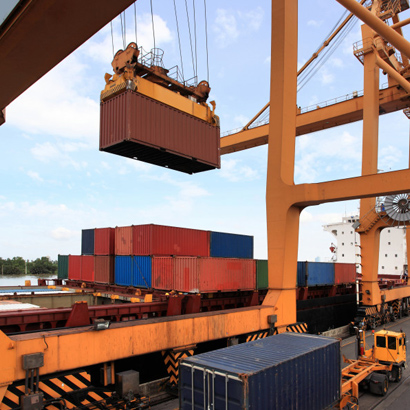For every business meeting the standards of the regulations or laws issued by the government is vital. When you are in a trucking business, compliance with a DOT number is imperative.
You need to follow each rule of the Department of Transportation (DOT) for better safety and efficiency of trucking operations. One of the key aspects of this regulation is the HOS (Hours of Service) rules.
This rule limits the number of hours a truck driver can operate in a given period. It supports drivers in preventing fatigue-related accidents. So the implementation and follow-up of the HOS rules is necessary.
Thus FMCSA enforces HOS compliance by relying on the use of DOT (Department of Transportation) numbers. Through the record of this transportation number, they easily monitor and ensure that trucking companies and their drivers follow safety rules.
Understanding Hours of Service Regulations
To understand HOS easily, it is the maximum amount of time drivers are allowed or permitted to drive or stay on duty, including driving time.
It helps specify the number and length of rest periods. Following these rules lets drivers stay vigilant and awake while on highways. The FMCSA sets these regulations to establish maximum driving hours, especially for commercial vehicle drivers.
Enforcing these rules ensures that trucking companies prioritize safety and protect their drivers and others on the road.
The Role of DOT Numbers in HOS Compliance
A number for DOT is a unique identifier that is assigned by the FMCSA to motor carriers. It is a necessary number that every operating vehicle needs to display. These numbers not only serve as identification for each trucking company but also play a significant role in enforcing HOS regulations.
1. Tracking and Monitoring Driver Hours
Authorities link the Department of Transportation numbers to specific vehicles which allows authorities to monitor and track the hours of service. This is done with the help of Electronic Logging Devices (ELDs) or paper logs. A truck with this number allows authorities or trucking yards to record driver activity which includes drivers’ hours, break times and rest periods. Following this system, you being a trucking business owner can easily track real-time data which will ensure that your drivers are adhering to HOS limits.
If the driver has exceeded the allowed driving hours or failed to take the required breaks, the FMCSA can issue penalties to both the driver and the company.
2. Identifying Non-Compliant Companies
For FMCSA, the Department Of Transportation number serves as an important reference point which helps in further investigation if they find truck drivers have repeated violations of HOS regulations.
They access historical data about a company’s safety record, which also includes previous HOS violations. This data is crucial in identifying patterns of non-compliance.
They impose penalties which further ensure that the trucking business will stay in compliance with HOS.
3. Promoting Accountability and Transparency
Trucking businesses follow the rules of the Department of Transportation to ensure transparency in the process. Each truck available in their yard is linked to a specific number for DOT, for which both the company and driver are responsible for adhering to HOS rules. In case of violations, the FMCSA can trace the issue back to the specific carrier and driver involved.
Additionally, companies that consistently comply with HOS regulations benefit from positive safety records, which can help improve their reputation within the industry.
Technology: Enhancing Compliance
In recent years the involvement of digital devices in every sector has further strengthened the role of the number of DOT in HOS compliance. Devices like ELD have become a key tool in monitoring and enforcing HOS regulations. These devices automatically record driving hours as they are linked to a specific number for DOT.
Updation in these devices has helped in providing a more accurate and efficient way to track a driver’s hours compared to manual logs. Thus it reduces the risk of errors or falsifications.
Furthermore, the FMCSA can access real-time data from ELDs to monitor compliance and identify potential issues before they become serious violations.
Consequences of Non-Compliance
Non-compliance with HOS regulations can lead to severe consequences for trucking companies. Penalties may include fines, safety audits, and even the suspension of the company’s DOT. For drivers, violations can result in fines, disqualification from driving, or an increased risk of being involved in an accident.
Furthermore non-compliance with HOS regulations can lead to severe consequences for trucking companies. If penalized trucking business owners may need to pay hefty fines and can even face the suspension of the company’s DOT number.







